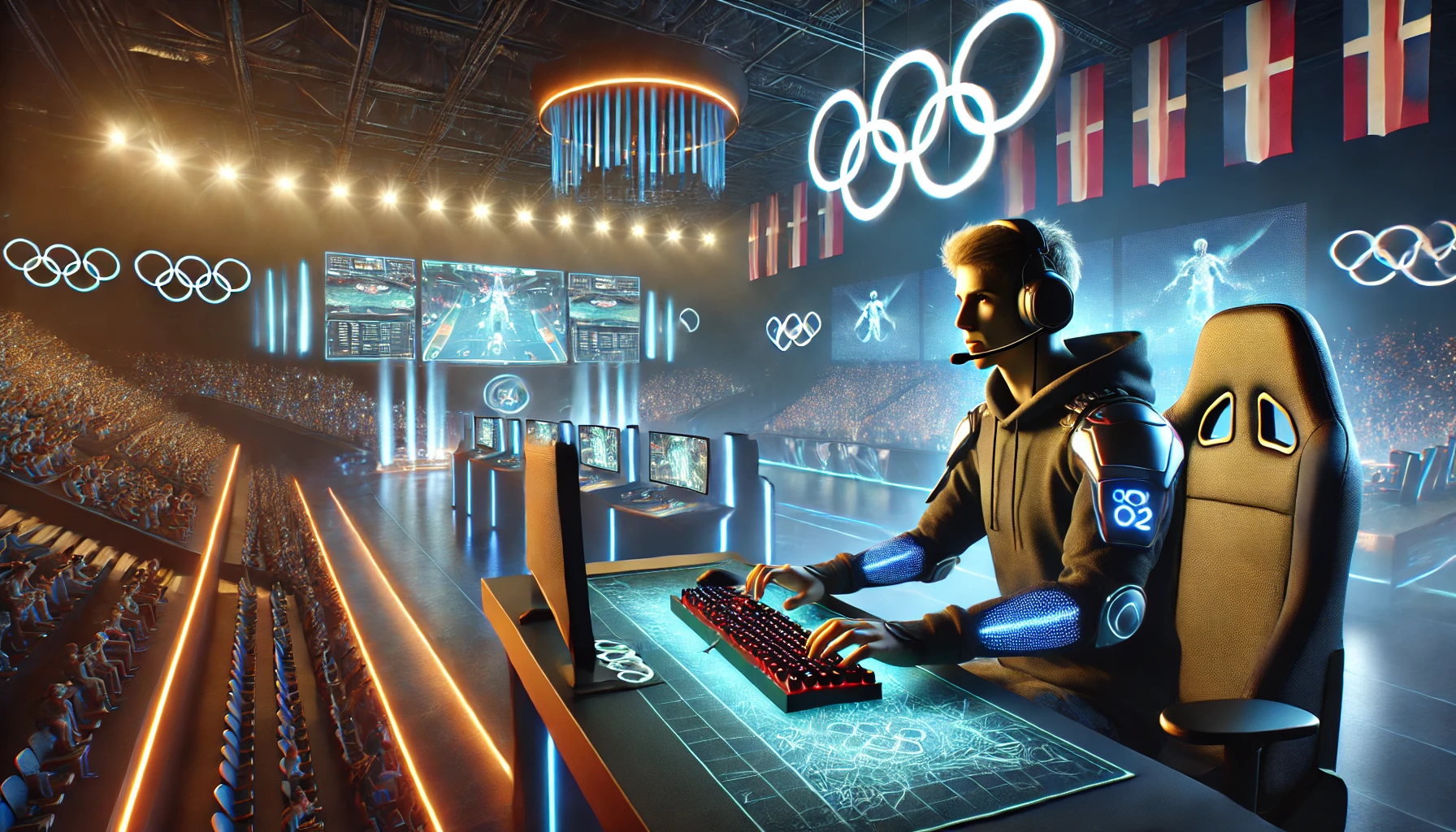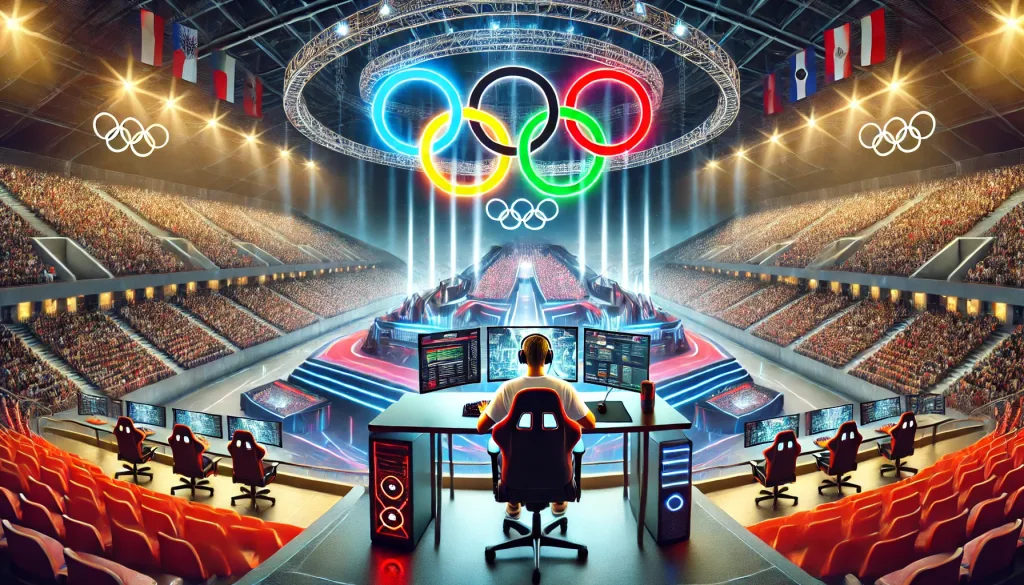
Esports and the Olympic Games: When Will It Happen?
Esports, which continues to gain immense popularity year after year, has long ceased to be just entertainment. Today, it is a multi-million-dollar industry that significantly impacts youth culture, technological progress, and even the global economy. In this context, the question arises: can esports become a part of the Olympic Games?
The IOC’s Interest in Esports
The International Olympic Committee (IOC) has been closely monitoring the development of esports for several years. In recent years, the esports industry has demonstrated rapid growth, boasting millions of players, viewers, and a global fan base. This makes it an appealing candidate for future Olympic inclusion. Not only does esports bring together competitive gameplay, but it also fosters international collaboration through tournaments and leagues that span continents.
In 2021, the Olympic Virtual Series was held, marking the IOC’s first official step toward integrating digital competitions into its programme. While this event did not include traditional esports disciplines such as Dota 2 or League of Legends, it demonstrated the committee’s openness to exploring new sports formats. The Virtual Series featured games with a more traditional sports element, such as virtual sailing and baseball, designed to bridge the gap between physical sports and esports.
Why the IOC Is Interested
The IOC’s primary interest in esports lies in engaging younger audiences. Current trends show that younger generations are increasingly gravitating toward digital entertainment over traditional sports. This shift presents a challenge for the Olympic Games, which rely on maintaining relevance and viewership. Esports, however, appeals strongly to this demographic, with engaging content, thrilling competitions, and an ever-growing online presence.
Moreover, esports offers a global stage for showcasing technological advancements and innovation. As the world becomes more digitally interconnected, esports could serve as a symbol of how technology enhances competition and sportsmanship. The inclusion of esports in the Olympics could also provide a platform for promoting ethical gaming practices and fostering a healthier gaming culture.
Main Challenges
Despite its potential, integrating esports into the Olympic Games comes with significant challenges. The most pressing issue is deciding which games are suitable for inclusion. Popular titles like Counter-Strike or Call of Duty are often criticised for their violent content, which conflicts with the Olympic values of peace and unity. This raises the question of whether esports can align with the principles of the Olympic Movement.
Another hurdle is the lack of standardisation in esports. Unlike traditional sports, which have clear rules and governing bodies, esports encompasses a wide variety of games with differing mechanics, objectives, and competitive formats. This diversity makes it difficult to establish a unified framework for Olympic competition. Additionally, intellectual property rights for games are owned by private developers, adding another layer of complexity to their inclusion in a global event like the Olympics.
Possible Solutions
One potential solution is the development of new esports disciplines specifically designed for the Olympics. These games could focus on sportsmanship and strategy, minimising controversial elements while promoting teamwork and fair play. Collaborations between the IOC, game developers, and esports organisations will be critical in creating such disciplines.
Another approach could involve adapting existing games to meet Olympic standards. By working with developers to modify gameplay mechanics or visuals, the IOC can ensure that selected titles align with their core values. Establishing an independent regulatory body for Olympic esports could also help address governance issues and standardise rules across disciplines.

Future Prospects
Given the rapid growth of the industry, esports could become part of the Olympic Games within the next few decades. Experts predict that by 2030, we may see esports tournaments under the Olympic umbrella, either as part of the main event or parallel youth-focused competitions. These tournaments could initially feature less controversial titles to test public reception and feasibility.
The inclusion of esports in the Olympics could redefine its global status, providing new opportunities for players, sponsors, and organisers. It would drive investment in esports infrastructure, encourage new talent, and attract a broader audience. However, the transition will not be without challenges, as the industry must adapt to meet Olympic standards while preserving its unique identity.
Impact on the Esports Industry
The integration of esports into the Olympic Games will mark a significant milestone for the industry. It will legitimise esports as a competitive discipline on par with traditional sports, paving the way for greater recognition and respect. This shift could attract more institutional support, including funding for grassroots programmes and initiatives to promote diversity in gaming.
At the same time, the inclusion will create a new set of challenges. Players and organisers will need to adhere to stricter regulations, while maintaining the dynamic and creative spirit that defines esports. Ultimately, the collaboration between the IOC and the esports community could set a precedent for blending traditional and digital sports, fostering a new era of global competition.
